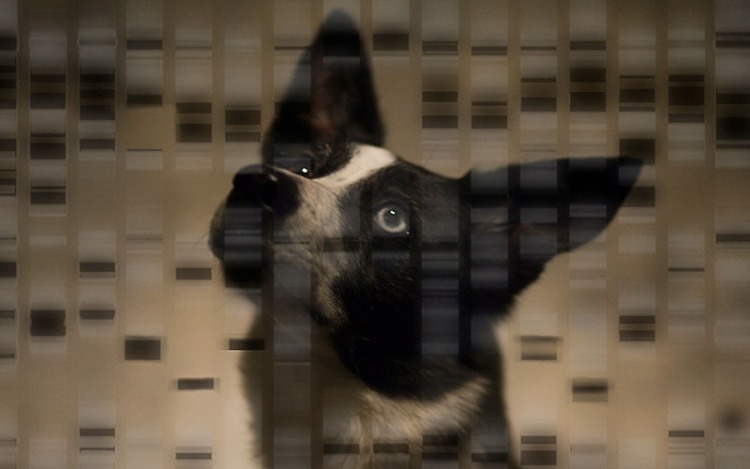Folded into every dog’s double helix—39 chromosomes containing about 2.5 billion base pairs of DNA—are clues to that dog’s current and future health risks. The more we learn about the canine genome, the more clearly these clues can be deciphered.
For centuries, people have deliberately bred dogs for dozens of purposes, from practical to decorative. The more closely a line of dogs hewed to the desired purpose, the more focused the breeding became. Consequently, genetic glitches that might’ve been lost in the crowd were amplified, resulting in the more than 350 inherited canine diseases currently known to exist.
Tags:
via Whisker Therapy
